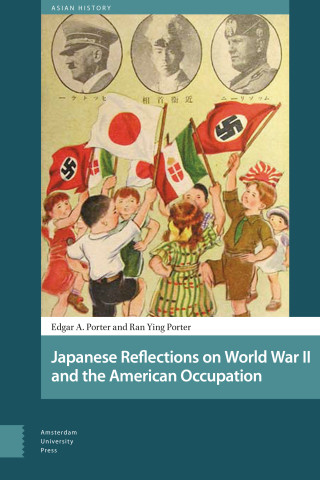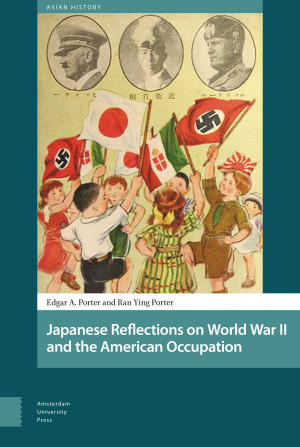"The content [of this volume], based upon forty-three first-hand accounts, presents a range of original and informative perspectives, adding a human dimension to processes and events that are more often covered from a policy or strategic perspective. [...] The work is highly readable and accessible, suggesting its suitability as a potential core text for an undergraduate class on the Japanese population's experience of war and occupation alongside the works of Tessa Morris-Suzuki (Showa, An Inside History of Hirohito's Japan, London, 1984), Samuel Hideo Yamashita (Daily Life in Wartime Japan, 1940-1945, Lawrence, 2015) and Haruko T. and Theodore F. Cook (Japan at War, An Oral History, New York, 1992)." - Thomas French, Canadian Journal of History, Volume 53, No.1, Spring/Summer 2018
"As the oral reminiscences incorporated into this deft and well-crafted historical overview illustrate, however, local residents were at the epicenter of numerous critical occurrences during both WW II and its aftermath. An army regiment involved in the 1933 attack on Nanjing in China; the naval base preparing the fleet for the Pearl Harbor attack; numerous national military and political leaders; a training center for kamikaze pilots“all called Oita home. During the American occupation, a regional command post was located in Beppu, the prefecture’s largest city. Pulling together the recollections of some 40 individuals from Oita and the larger narrative of Japan at war and in defeat thus provides an engaging, critically important, and nicely balanced account of a period in Japanese history often under-acknowledged in Japan itself. Also intriguing: the interplay between important incidents associated with the war and the related individualized remembrances that tie together local experiences and national events. Highly recommended." - Choice Reviews
'An important and worthwhile study!' - moesson, Het Indisch Maandblad, August 2017 (review originally published in Dutch).
'[The[ Porters have woven together the memories of students and factory workers, nurses and midwives, teachers, sailors and kamikaze pilots to create a rare account of ordinary life during extraordinary times in the Japanese countryside ... ŸJapanese Reflections on World War IIŒ is a clear picture of how the tragedy and suffering of war affects ordinary people and their perceptions.' - Kris Kosaka for The Japan Times, July 2017.

